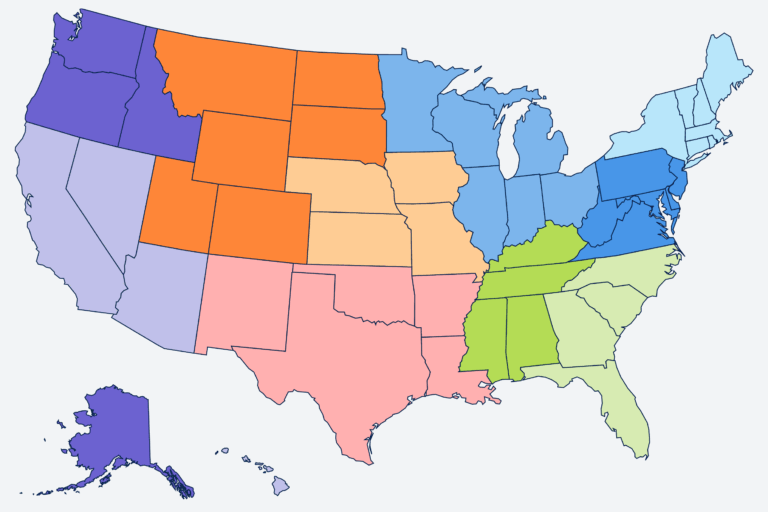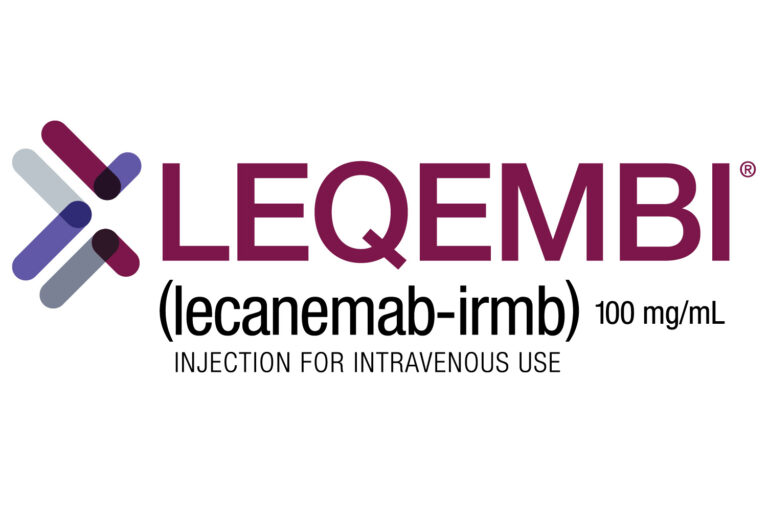Why Do Babies Have More Alzheimer’s Protein Than Adults? A Surprising Clue to Future Treatments
Diagnosing the right dementia type often takes months. It can make a big difference. Mayo Clinic’s AI tool identifies 9 dementia types, including Alzheimer’s, with one scan — a transformative advance in early, accurate diagnosis.
Bill Gates says, "I am blown away by how much we have learned about Alzheimer’s disease over the last couple years." See his compelling video and insight-filled blog post.
Adopting the MIND diet—even later in life—is linked with reduced dementia risk
See one of the largest and most comprehensive studies identifying where dementia occurs most often.
Sleep aid lemborexant (better known by its brand name Dayvigo) showed 40% more hippocampal brain volume than other drugs.
Lecanemab is today's #1 Alzheimer's antibody. (Brand name: Leqembi) Washington University researchers found Lecanemab's adverse events to be rare and manageable in very mild or mild Alzheimer's.
New Test Provides Less Invasive Option, Reduces Reliance on PET Scans and Increases Diagnosis Accessibility
The drugs, called NRTIs, have the potential to prevent a million cases of Alzheimer's every year, the researchers believe.
Alzheimer's rates are on the rise. How is today's best treatment, Leqembi (generic lecanemab) doing in the fight against it?
The big Alzheimer's culprits are Amyloid and Tau. Biogen made Leqembi to treat amyloid. Now, they are betting on BIIB080 to treat tau. Learn how this exciting new treatment just got FDA Fast Track Designation.
The European Union authorizes Leqembi as its very first Alzheimer's drug to target an underlying cause of Alzheimer's.
















